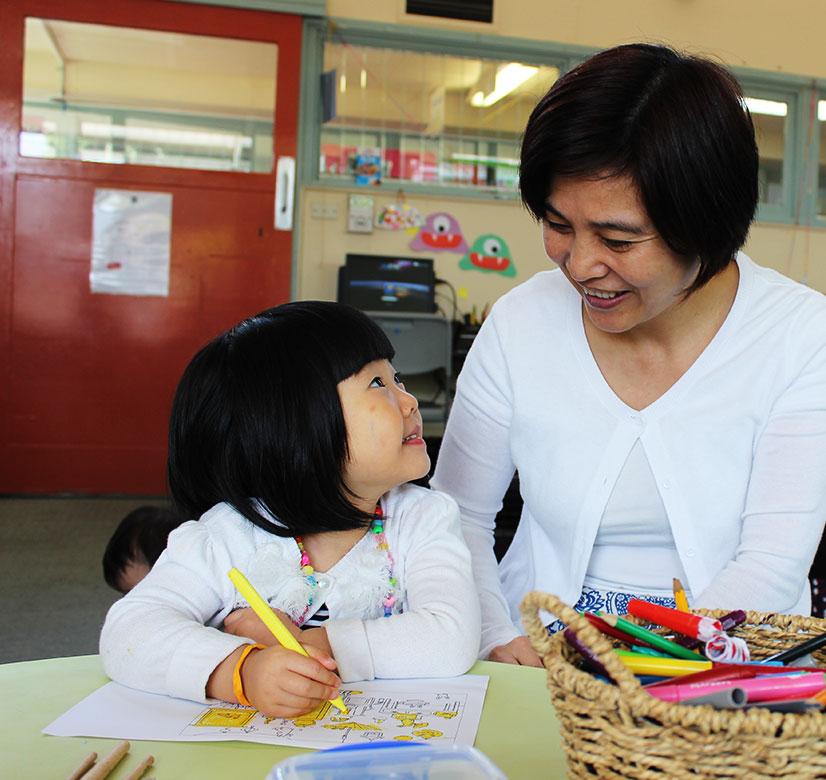4. Plan
Develop a plan for your hub
Our community hubs model is evidence-based and has a strong focus on achieving major outcomes for children, families, schools and communities. For this reason, it’s important for every hub leader to set clear goals and objectives, and collect evidence that shows how these goals are being achieved.
Once you have a good understanding of the needs of your hub families and school, it’s important to think strategically about how your hub can provide them with the best support. Outcomes-based plans help us think through what we want to achieve, what we need to do in order to reach our goals, and how we will measure whether or not we’ve been successful. Each of our hubs is guided by an annual outcomes-based plan that is tailored to their local needs. Developing a plan will give you a clear picture from the start about what needs to happen for your hub to have the greatest positive impact on your school community. This planning task is best done before setting up your timetable of programs and activities.
Your hub support coordinator will provide templates and guidance to help you develop the plan. We also suggest you use the 1-page NCHP outcomes and objectives summary (see page 40) as a reference guide when developing your priorities.
Report progress
At the end of each school term, you will be asked to submit data to your support coordinator about your hub’s activities and the level of participation from families. You will also be asked to provide at least one real-life case study about how your hub has had an impact on people’s lives. See Priority 10 (page 23) for more guidance around what we’re looking for from hubs in terms of reporting and success stories. By 28 February and 31 August each year, your school principal also need to submit financial reports about the hub’s operations to your support agencies.
Update your plan
You will be asked to review and update your outcomes-based plan every year. This is a good time to check in with your families to find out if the hub has been meeting their needs and if there are other programs or services they would like to access in the coming year.

What works – insights from hub leaders
- Set aside some time in your diary every week to complete reporting and administration tasks. This is a key part of your role as it’s important to collect real evidence of how your hub is connecting with and helping families.
- Working with families who trust you and are relying on you can add pressure to try to do as much as you can to help as many people as possible. However, it’s really important to remember that it’s OK to say ‘No’. Your support coordinator and other hub leaders can help you with strategies for managing the expectations of parents and school staff.
- Your role is not designed to be a caseworker for individual parents or families. And you will never be able to please everyone, especially working part time. It’s far more important is to focus on the quality and sustainability of the programs being offered in your hub.